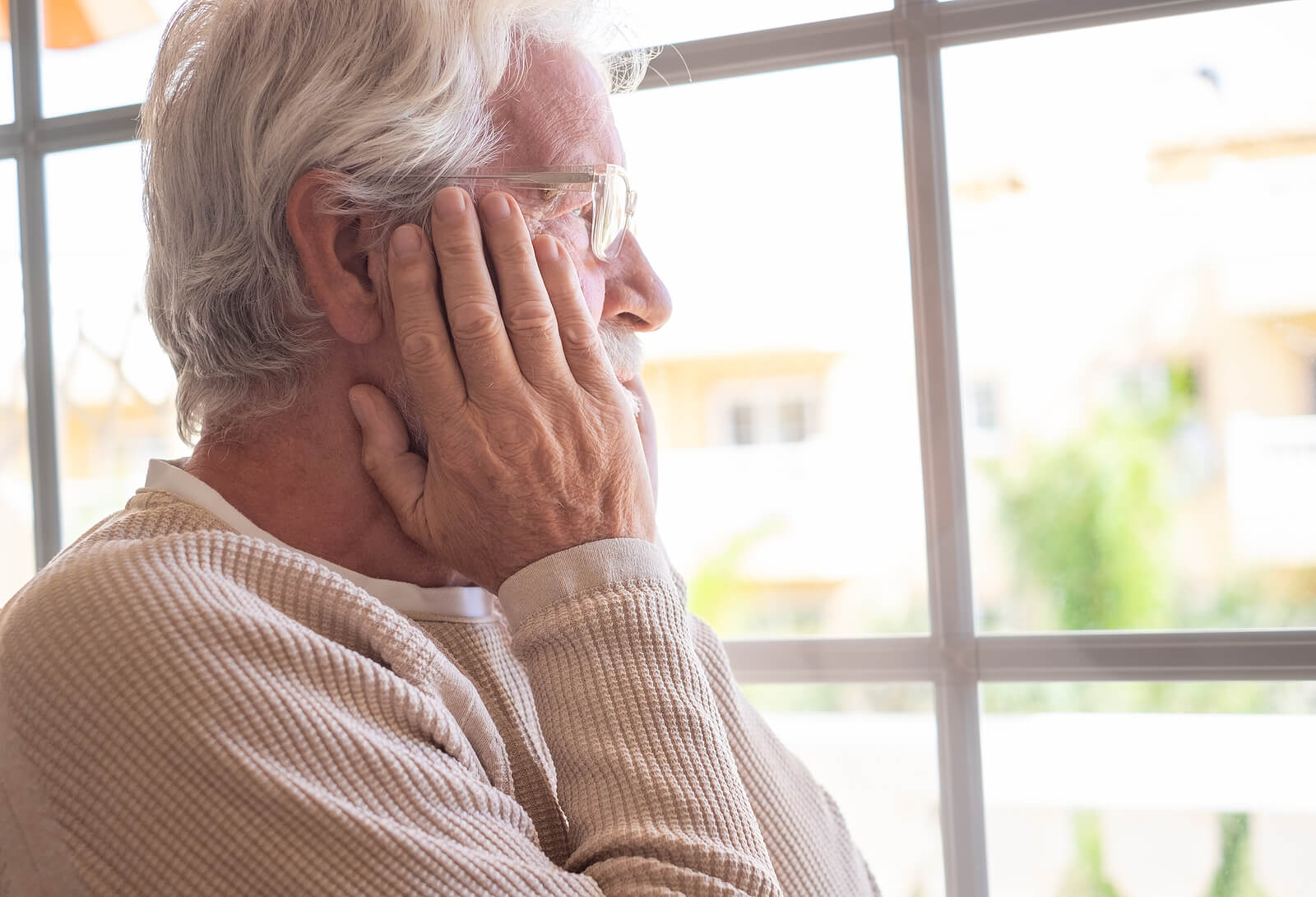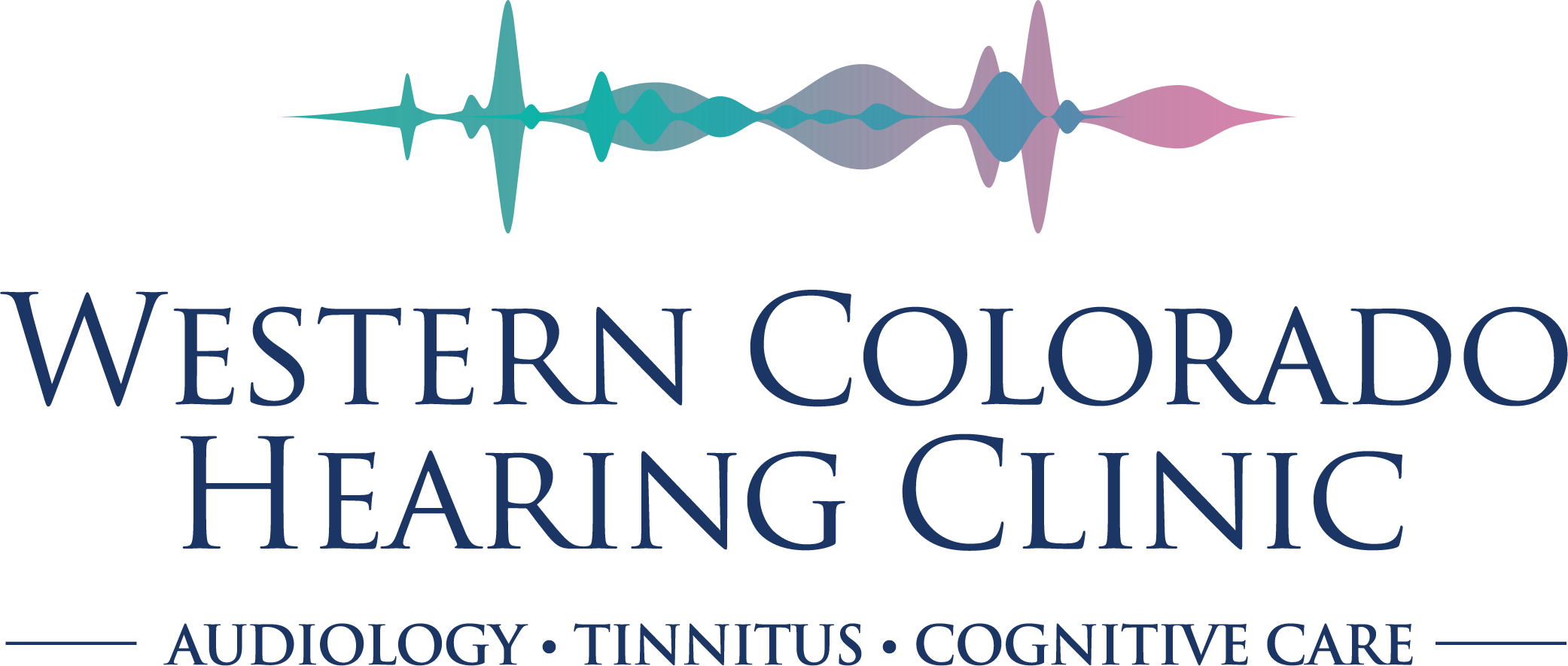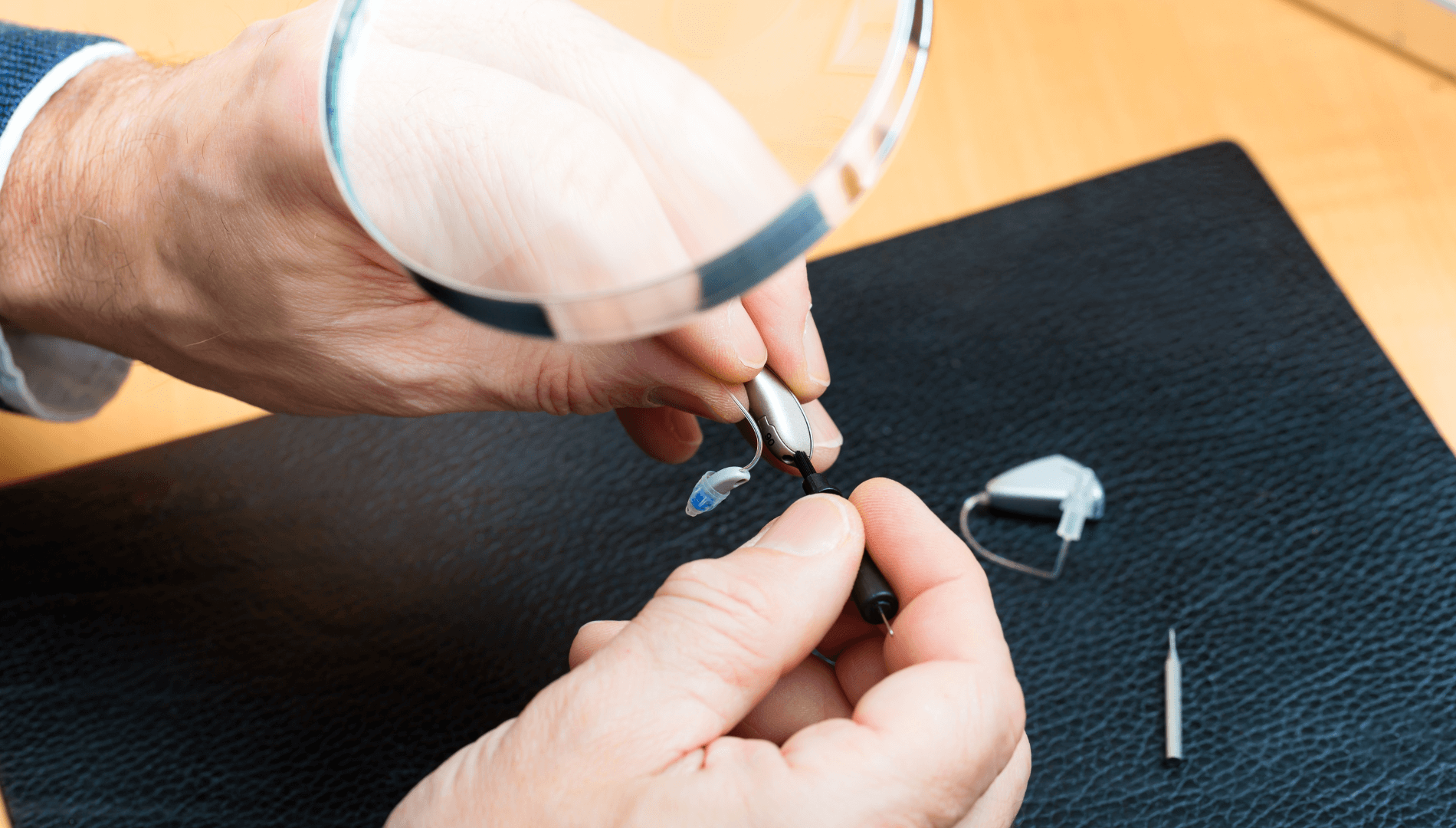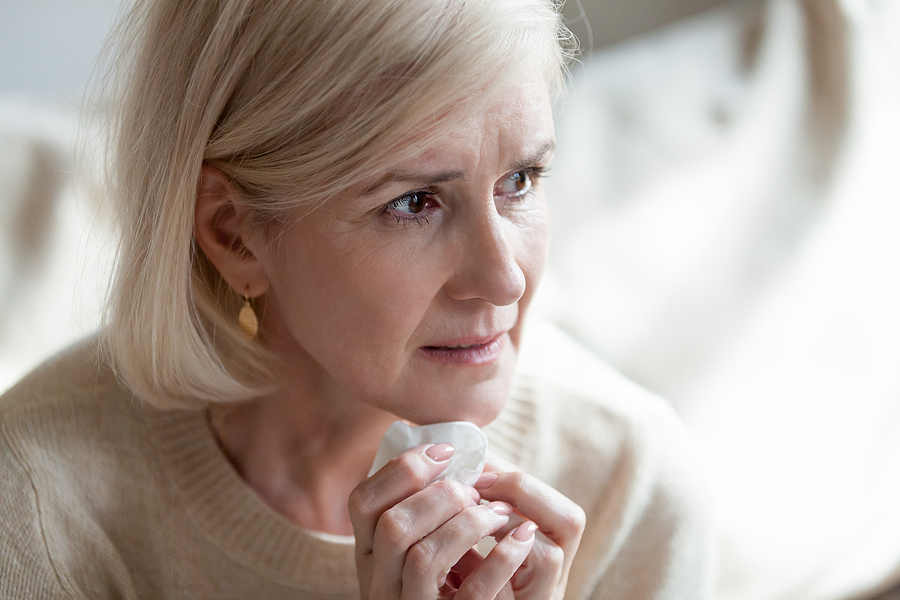We Moved! Visit us at
605 25 Rd, #100, Grand Junction, CO 81505
Aging With Sound Sensitivity
Return to Blog

Aging With Sound Sensitivity
Sound sensitivity, often brought on by aging, is a common yet often overlooked aspect of hearing health. As we grow older, our ears become more susceptible to various auditory challenges, including sensitivity to loud noises.
Sound sensitivity, also known as hyperacusis, refers to an increased sensitivity to certain frequencies or volumes of sound. While it can affect individuals of any age, it becomes more prevalent as we age due to changes in the structure and function of the auditory system. Common symptoms include discomfort or pain in response to moderate or loud noises, difficulty tolerating noisy environments, and heightened awareness of background sounds.
Several factors contribute to sound sensitivity in older adults. These may include age-related hearing loss, which can cause changes in the way the brain processes sound, as well as exposure to loud noises over a lifetime. Additionally, certain medical conditions such as tinnitus or migraine headaches may exacerbate sensitivity to sound.
Impact on Daily Life
Living with sound sensitivity can significantly impact daily life. It may lead to avoidance of social situations, difficulty concentrating, increased stress and anxiety, and disruptions in sleep patterns. For many individuals, sound sensitivity can affect their quality of life and limit their participation in activities they once enjoyed.
Fortunately, there are several strategies that can help manage sound sensitivity and improve auditory comfort. These may include using ear protection in loud environments, such as concerts or sporting events, practicing relaxation techniques to reduce stress and anxiety, and creating a quiet and calming environment at home.
Another effective strategy is gradually exposing oneself to sounds that trigger sensitivity, known as desensitization therapy. This process involves slowly increasing exposure to specific sounds over time to reduce the brain’s sensitivity response. Desensitization therapy should be conducted under the guidance of a qualified healthcare professional.
If sound sensitivity is significantly impacting your quality of life, it’s essential to seek professional help. A comprehensive hearing health exam by a qualified provider can assess your auditory system and identify any underlying issues contributing to sound sensitivity. Based on the results, appropriate treatment options, such as hearing aids or sound therapy, may be recommended.
As we age, prioritizing auditory wellness becomes increasingly important. This includes taking proactive steps to protect our hearing, seeking regular hearing health exams, and practicing good listening habits. By addressing sound sensitivity and other auditory challenges early on, we can maintain a higher quality of life and continue to engage fully in the world around us.
Aging with sound sensitivity is a common experience that many individuals face as they grow older. By understanding the causes and impacts of sound sensitivity and implementing strategies for managing it effectively, we can improve our auditory comfort and overall well-being as we age.



